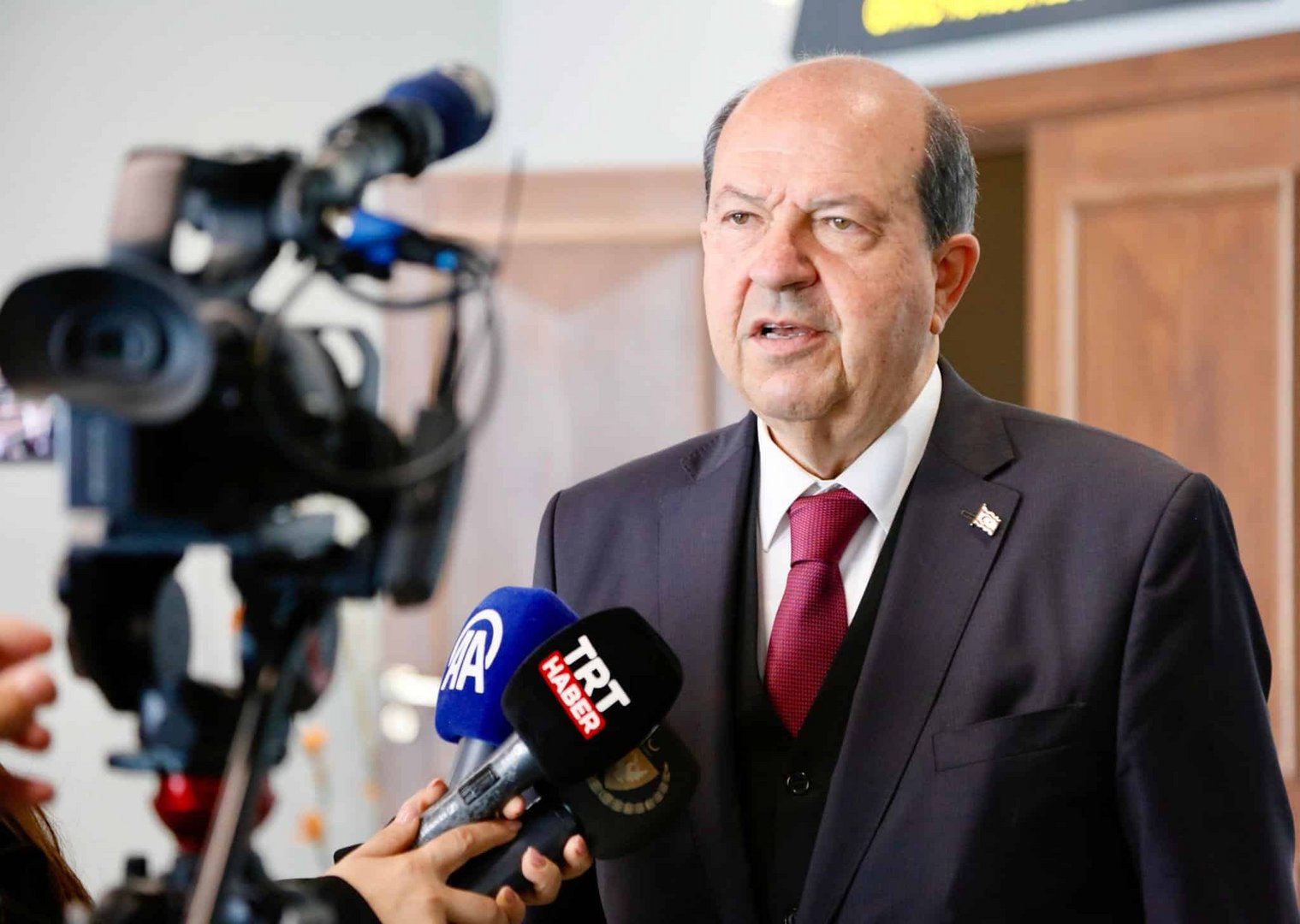The Immovable Property Commission (IPC) has settled a total of 1,840 cases so far, Turkish Cypriot leader Ersin Tatar said on Thursday.
Established in 2005, the IPC handles claims for compensation, restitution of Greek Cypriot-owned property in the north and land exchanges, filed by Greek Cypriots who fled the north after 1974 and their descendants.
In a written statement on the IPC’s current status, Tatar said that of the cases settled, 1,161 resulted in compensation, 15 in restitution, two in exchange and compensation and one in a property exchange.
This year alone, the IPC has settled 112 applications and provided compensation for nearly 200 cases. According to Tatar, compensation has been paid for all decisions reached by the end of 2020 and payments “will continue at the same pace in the coming period.”
Tatar said one recent case brought to the IPC involved one of the members of the “Xenides-Arestis group”, which had taken the matter to the European Court of Human Rights (ECHR).
A total of 33 cases were part of this group, with the Cypriot government claiming Turkey owed more than €50 million related to the cases.
Tatar said the decision made by one of the parties to go through the IPC “demonstrates that the IPC is an effective remedy for Greek Cypriot property claims”, and that the claimant in question “also requested the termination of their case’s examination by the Council of Europe’s Committee of Ministers”.
He emphasised that the IPC “is an indispensable part of the TRNC’s property system and complies with international law,” adding that the ECtHR has acknowledged the IPC’s effectiveness.
Tatar had earlier this year accused the Republic of “trying to prevent its citizens from applying to this mechanism”, saying it “does not give the necessary legal documents to those whom they cannot convince to not apply, to allow their cases to proceed.”
He claimed it is a “clear violation of international law” for the Republic to “bring the issue to its own courts in a way that targets individuals”, as it has done in recent cases involving those accused of illegally using Greek Cypriot property in the north.
He called for the Republic to use “common sense” on the matter and called on the international community and the United Nations to “stop supporting this policy of isolation pursued by the Greek Cypriot leadership.”
Greek Cypriots had received a total of £25.4 million (€29.8m) from the IPCin the first five months of the year.
The IPC has awarded more than £446.2m (€523.7m) in compensation since its creation in 2005. It examines claims for compensation, as well as for restitution – the handing back of Greek Cypriot-owned property in the north – and exchange of land.
Overt statements have not been made by the Republic about the IPC of late, but former President Nicos Anastasiades did go on the record in 2022 describing it as a “trap”.
He said areas of Varosha offered up for claims through the IPC by the north’s authorities were being “offered as bait” and went on to call the offer a “Trojan horse”.







Click here to change your cookie preferences